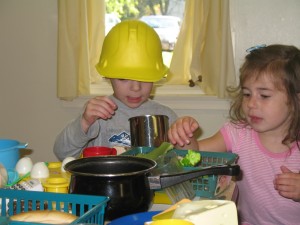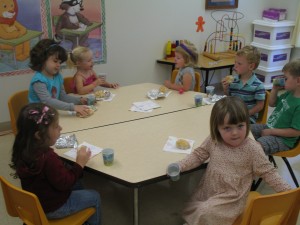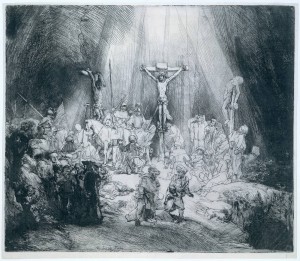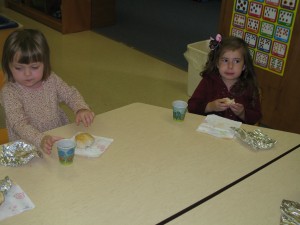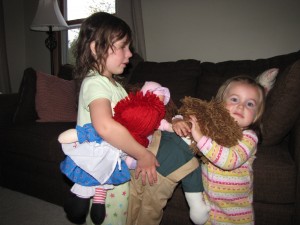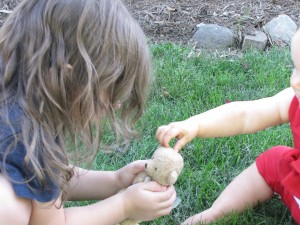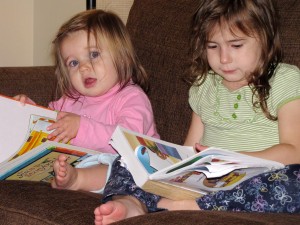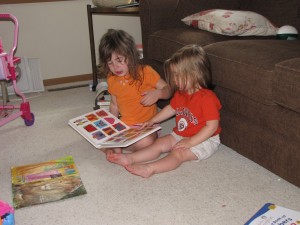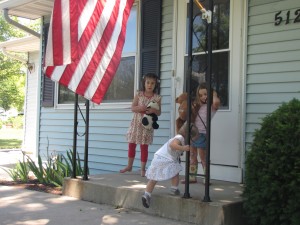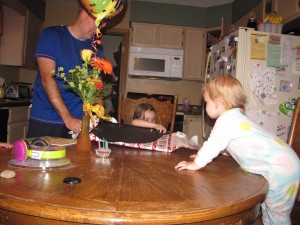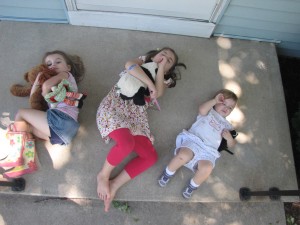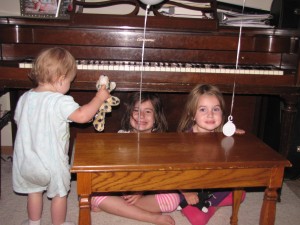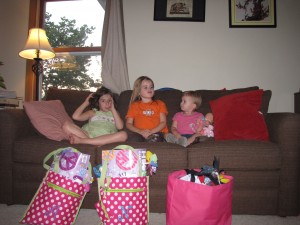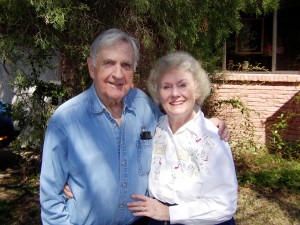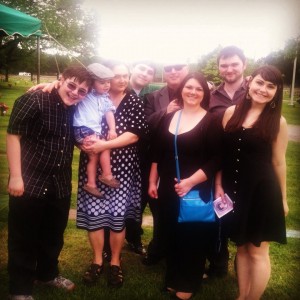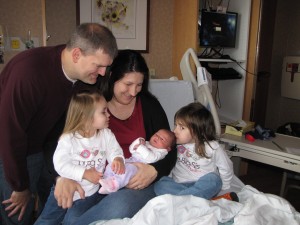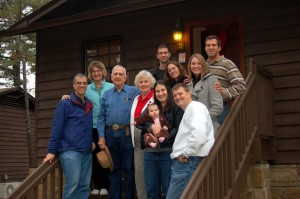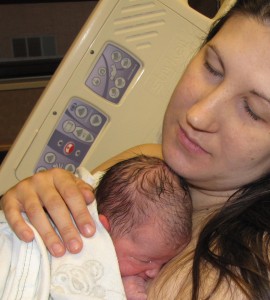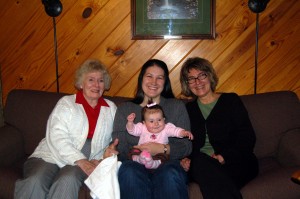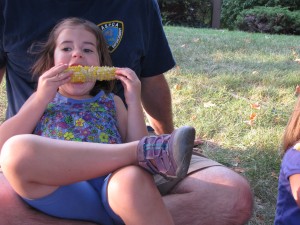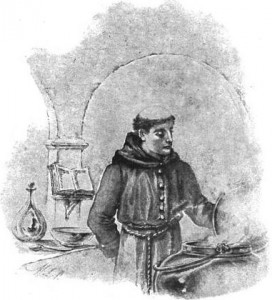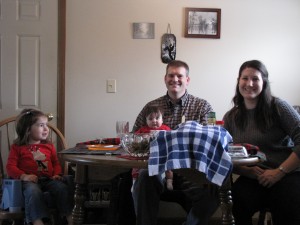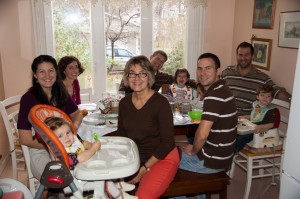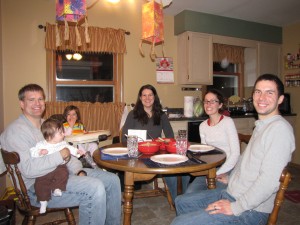To hear my blog post read aloud, just click the play button. If you’re reading this in an email, you may have to click here to hear the post on my site.
We are the Church.
You and me.
Whatever our stage of life or economic status, whatever bits of theology on which we might differ, whatever our politics or race, we are the Church.
When the world wants to know about Jesus, to know what He thought was most important, they look to us.
What did Jesus think was important?
Well, He said that loving God with all of your being was the most important thing of all, followed by loving others. In fact, the Bible teaches that one of the main ways you love God is by loving others.
Jesus thought that this loving others business was so important, in fact, that He named it as the main way that the world would know we follow Him.
Would the world know that today’s church follows Jesus?
If you knew you were going to die in the next day, what would you pray for? Trivialities and side issues, or would you pray for whatever was paramount in your heart?
When Jesus was about to leave His disciples and head toward the cross, what did He pray for? What did He think was most essential?
He prayed for His followers to love each other. He prayed for unity. He prayed that His followers would be one in the same way that He and the Father were one.
We are the Church.
You and me.
Is that what the world sees?
Jesus is no longer on this earth. His Spirit is inside of each of us, but we the Church are now His body to bring God’s kingdom to this world.
Are we acting like a body or is the hand slapping the head in the face? Is the right foot kicking the left leg?
Jesus pleaded with God to make us one. Why? So that we could be happier and have easier lives while treating each other more kindly?
So that the world would know God’s love.
This is how those in the world can know that God loves them – by the way that we love each other.
What does the world see when it looks at the Church?
That question makes me want to weep.
What does the world see when it looks at you?
Whatever has come before, I implore you now. Love each other. Be unified.
Invite someone from another faith tradition to go along with you the next time you head out to serve the hungry and the orphans.
Find someone who grew up in another culture or another part of the country or even just a different side of town, and take them out to lunch. Listen to them. Ask questions.
After this particularly nasty election is over, invite someone who voted for the other candidate over to your home for a meal.
We are the Church.
You and me.
I entreat you to show the world what Jesus valued. Astound the little piece of your world with your love for other Jesus followers nearby.
Our world needs some astonishment. And it is up to us.
Art credit: Photos of various cathedrals by Kirk Sewell











